Bust of the founder of El Universo, Ismael Perez Pazmiño. Participants
Ares (Cuba), Boligán (Mexico), Horacio Cardo (Argentina), Hernan Vidal, “Hervi” (Chile), Julio Cesar Gonzalez, “Matador” (Colombia), Plantu (France), Paulo Caruso (Brazil), Matt Wuerter (USA), and Ecuadorians Asrúbal de la Torre (Hoy), Xavier Bonilla, “Bonil” (El Universo, Vistazo), Pancho Cajas (El Comercio), Marcelo Chamorro (Vanguardia and La Hora), and Luis Ibarra (Expreso).
On Tuesday, June 28, 2011, at the Catholic University of Guayaquil, with the participation of the journalists: Boligán (El Universal, Mexico), Bonil (El Universo, Ecuador) and Cardo (Clarin, Argentina), commenced a series of meetings on the topic of freedom of expression when attacked by the governments of some Latin American countries. This was organized by the newspaper El Universo to celebrate its 90thanniversary, due next September 16, 2011.
On behalf of the newspaper, with the same humor with which he faces life, he led all the charismatic and talented Javier Bonilla (Bonil). Trained in the Social Sciences and Politics, his passion for graphic journalism overflowed and made him start profusely to publish in the media of Ecuador, work that was recognized in 2011 when he received the prestigious "Award of Excellence" to the cartoon awarded by IAPA, Inter-American Press Association, in Lima. His work is remarkably broad. It usually ranges from topics such as those exposed, to commentaries on books, authors and writers (in the Rocinante section), everyday life or the internet (in Nuestro mundo y Vamos), or economics (in Gestión).
To emphazise the concept of the event, both the Alliance Francaise and the Embassy of France in Ecuador, organised that Jean Plantu (columnist of Le Monde, Paris) could participate and that the meeting would be held under the auspices of Cartooning for Peace, founded in 2008 at the request of Kofi Annan, then Secretary General of the United Nations. Two other embassies were involved in this event: the Brazilian, which enabled that Paulo Caruso (Epoca magazine) could attend, and the United States, which encouraged the visit of Matt Wuerker (Pulizter Prize Award recipient, cartoonist of the digital newspaper “Politico”.
Over one hundred works were exhibited at the Crystal Palace. After the opening, the exhibitors mingled with the crowds, having pictures taken with them, signing autographs and making drawings for the people.
Words of the participants cited by the press
“We live in a very confusing world. Paradoxically, we have access to internet, but we are less informed than before, which becomes another form of obscurantism. In this context, humor is a tool to avoid neurosis.” (Matador).
“Our role is to denounce the attacks with symbolic images, known regionally or globally. The public recognizes the drawing and interprets what it all is about.” (Boligán)
“I wonder why they chose Tony Curtis (american actor) as president (he laughs, referring to Rafael Correa), because he is another different biotype from his people, that makes the game of populism. Freedom is like breathing, if you stop it, you die” (Paulo Caruso).
“In terms of the communication media, none expresses complete freedom of opinion, because each expounds the interests of the owner, in the same way that a government owned media will never criticize it” (Aristides Hernandez, “Ares”, Cuba).
“You tend to think that only governments or right-wing dictatorships are repressive, but it is not. Populist governments do exactly the same” (Hernán Vidal, La Tercera, Chile).
“In Ecuador, the government says that there is no freedom of speech because there are no political prisoners, but it has said that the press is calling for a Coup. As President Rafael Correa can express his ideas through the media and make speeches, he divulges his lies so that by repetition these be considered to be the absolute truth” (Xavier Bonilla, “Bonil”, Ecuador).
“There are governments that have reached agreements between the extremes, right and left. The cartoon, a cry of rebellion, cannot die despite a limited freedom of speech” (Pancho Cajas, El Comercio, Ecuador).
“Freedom of expression as part of human rights is a struggle undertaken every day. Cartoonists know where democracy falters. I came to Ecuador to enrich the experience of my colleagues” (Jean Plantureux, “Plantu”, Le Monde, France).
“It is ridiculous that a democratically elected leader will call itself revolutionary. By definition, revolution is a radical change or transformation, generally violent and deep, against the prevailing state of affairs. Whom does this Sr. Correa exert his revolution against, those who voted for him?” (Horacio Cardo, Clarin, Argentina).


